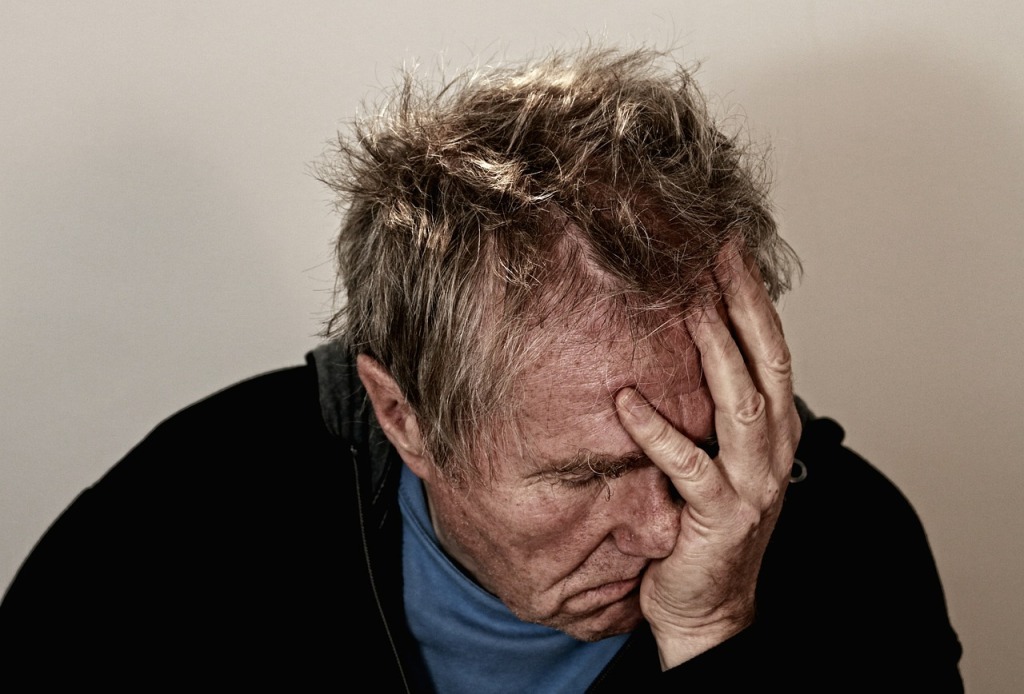Dr. Saul Ebema
Depression is a normal reaction to death and dying. It could be triggered by different factors as the terminally ill patient begins to contemplate death.
It could be triggered by spiritual pain. I remember visiting a hospice patient who was suffering from depression. I began to talk with him, exploring his emotions and feelings regarding death and dying. I found out from talking to him that his depression was a result of not being sure whether he would go to heaven or hell.
He had grown up as a Christian and as years went by, he stopped attending church. He wanted to re-establish his sense of relationship with the Holy. I read some scriptures to him and prayed with him. He was happy that he was able to re-establish his sense of connectedness to the Holy and died peacefully two days later.
Depression can also be triggered by a need for reconciliation with family members or friends before the death occurs.
Depression may be associated with the loss of control over life events experienced by the patient. As death nears it is easier to slip into a state of passive resignation and despair.
Depression in dying persons may be either ‘primary’ (the person is pre-disposed to depression in response to stress) or ‘secondary’ (depression is a result of the disease itself, the result of treatments designed to halt the disease or the result of medications prescribed to modify the side-effects of the treatments).[1]
Depression can also be triggered by the impeding losses due to death. People who are dying prepare for their death by mourning the losses that the death will bring. The anticipated separation from family and friends is an obvious one.
The pleasures of living may be grieved too. People may reflect on their past and relive great moments and disappointments, and mourn for missed opportunities. Looking to the future, they may grieve the loss of much-anticipated experiences such as a child’s graduation or the birth of a grandchild.[2]
Some of the symptoms of depression found the in the terminally ill patients are:
- Feelings of emptiness.
- Feelings of deep sadness
- Patient seems withdrawn and losses interest in people or activity
- Changing appetite and increased weight loss.
- Disturbed sleep patterns, such as insomnia.
- The patient is easily agitated.
- Fatigue and loss of energy.
- Intense feelings of helplessness, hopelessness, worthlessness, isolation/loneliness and guilt.
- Suicidal ideation without a specific plan for committing suicide.
Sources
[1]Mathew Hotopf, Jayne Chidgey and Julia Addington-Hall, “Depression in advanced disease: a systematic review Part 1. Prevalence and case finding.” Journal Palliative Medicine (2002): 11.
[2] Therese A. Rando, Clinical dimensions of anticipatory mourning: theory and practice in working with the dying, their loved ones, and their caregivers (Champaign, IL: Research Press, 2000), 81.

Leave a comment